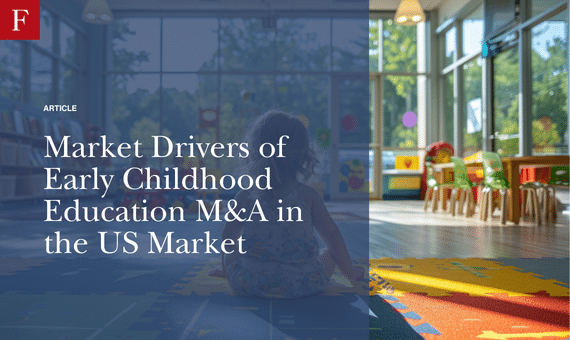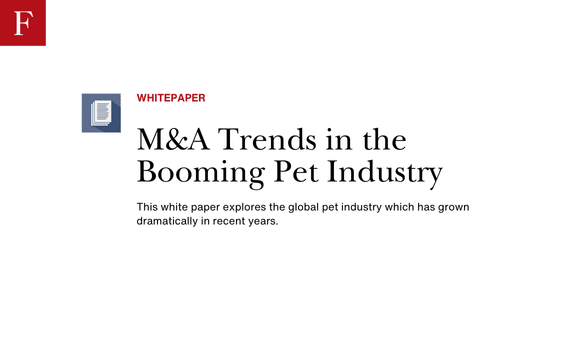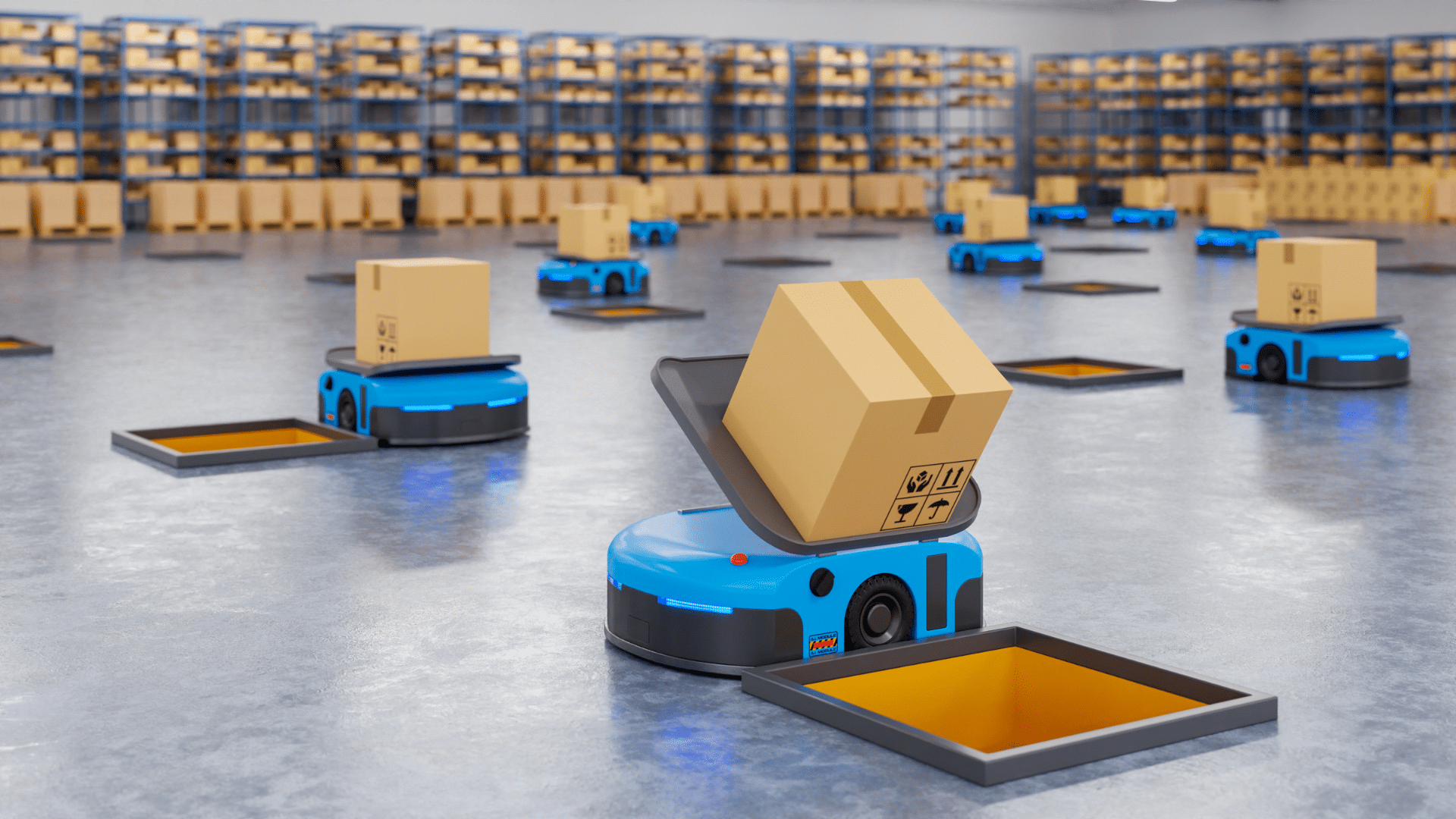
Luxury Hair Accessories: M&A Industry Brief

Beauty and Personal Care 2025 Report

Market Drivers in M&A Activity in the Baby Care Sector

Market Drivers in M&A Activity in the Pet Sector

Market Drivers in M&A Activity in the Beauty Sector

Market Drivers of Early Childhood Education M&A in the US Market

Unlocking Success: The Power of MSP Peer Groups

Mergers & Acquisitions in the Booming Pet Industry

White Paper: M&A Trends in the Booming Pet Industry

Outlook for Consumer M&A in 2023

Baby Products 2022 Trends

Future proofing your e-commerce business

Amazon: Still your best e-commerce exit ramp

As aggregators retrench, new avenues open for e-commerce sales


